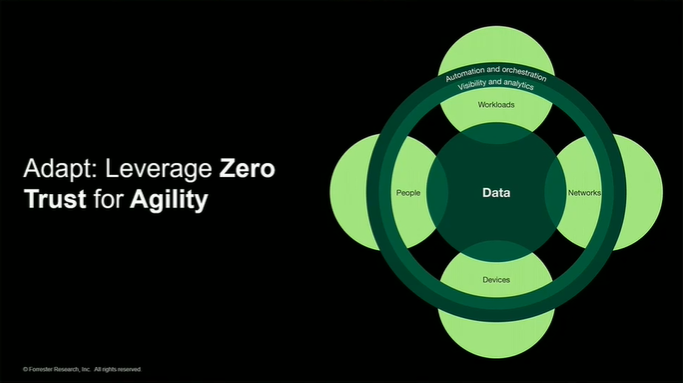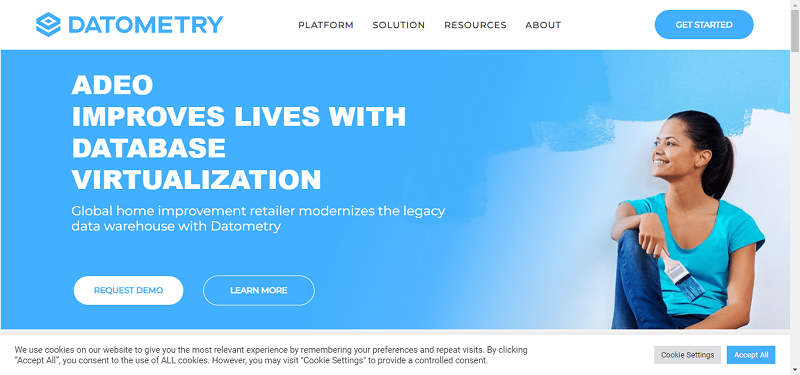Real estate accounts for roughly 17-18% of the US GDP through private residential investment and spending on housing services. That’s a lot of money. Where there’s a lot of money involved, people work very hard to gain a competitive, or rather any advantage at all. Real estate brokers, companies and regular people too use processed data sets to make better decisions when selling, buying or working on behalf of clients.
Realtors
Realtors leverage Big Data to better market their services. Predictive real estate marketing is made possible with, e.g., SmartZip, a tool that helps realtors find houses about to sell. The gist is that people move from starter homes at a certain point, and SmartZip uses data to determine when that point might be. Essentially, they predict human behavior with data. Realtors can use tools like these to push their advertisements at the right time, making for an extraordinarily powerful marketing message.
Planning & investments
Banks are among the few that can already use Big Data to the max. Knowing the market price of a property in advance, they can wait for a genuinely interested buyer instead of letting the property be acquired by a smart investor. Banks seldom settle for a penny less than the market value, because they know the price of a property beforehand.
Community planning and development has the potential to become more based on data than guesswork diluted with common sense. Big Data can be leveraged to measure things such as air quality, energy efficiency, traffic, and more. With more data, community developers can have better insights as to what sorts of spaces are better-fitted for human beings, and plan their projects accordingly.
Buyers
With the recent Zillow/Trulia merger, online services will surely become even better when it comes to determining the market value of a given property. The median error of Zillow estimates for the cost of a property is 6.9%. Even that is thousands of dollars, though, so as of now buyers prefer the help of a professional. Changes in the archaic process of buying and selling a house are coming slowly, but coming at all they are only thanks to Big Data.
It also helps in ways more fun. There are 250 to 300 neighborhoods in the five boroughs of NYC, so choosing a place of residence is tricky. Relocality reads your Facebook profile “in a non-creepy way” to suggest which NYC neighborhood you would belong to. It sounds jocular, but Relocality’s algorithm is actually quite complex, using wildly different sets of data, comparing it with that of others, and making educated guesses about, well, what’s it like to be you and how a particular place would fit their computerized version of you.
Conclusion
Both buyers and sellers benefit from the increasing availability of data. Real estate agents can make their marketing more focused, mailing a few select homes instead of bombing an entire area with sales pitches. Those dealing with real estate as an asset, on the other hand, can make the most of their acquisitions. Regular customers already use Big Data as a starting-point when looking to sell or buy, but previously unseen tools like Relocality provide something new and personalized that is both interesting and enlightening.
By Lauris Veips





